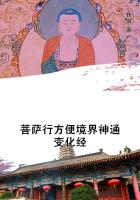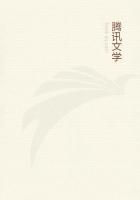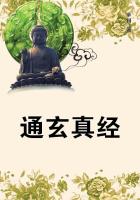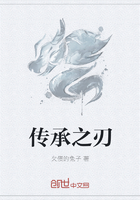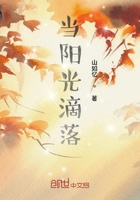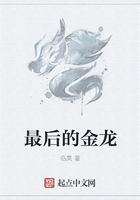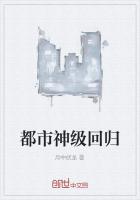Nosnibor and the family straightener, who was considered competent to watch the completion of the cure. I was struck with the delicacy with which he avoided even the remotest semblance of inquiry after the physical well-being of his patient, though there was a certain yellowness about my host's eyes which argued a bilious habit of body. To have taken notice of this would have been a gross breach of professional etiquette. I was told, however, that a straightener sometimes thinks it right to glance at the possibility of some slight physical disorder if he finds it important in order to assist him in his diagnosis; but the answers which he gets are generally untrue or evasive, and he forms his own conclusions upon the matter as well as he can. Sensible men have been known to say that the straightener should in strict confidence be told of every physical ailment that is likely to bear upon the case; but people are naturally shy of doing this, for they do not like lowering themselves in the opinion of the straightener, and his ignorance of medical science is supreme. I heard of one lady, indeed, who had the hardihood to confess that a furious outbreak of ill-humour and extravagant fancies for which she was seeking advice was possibly the result of indisposition. "You should resist that," said the straightener, in a kind, but grave voice; "we can do nothing for the bodies of our patients; such matters are beyond our province, and I desire that I may hear no further particulars."The lady burst into tears, and promised faithfully that she would never be unwell again.
But to return to Mr. Nosnibor. As the afternoon wore on many carriages drove up with callers to inquire how he had stood his flogging. It had been very severe, but the kind inquiries upon every side gave him great pleasure, and he assured me that he felt almost tempted to do wrong again by the solicitude with which his friends had treated him during his recovery: in this I need hardly say that he was not serious.
During the remainder of my stay in the country Mr. Nosnibor was constantly attentive to his business, and largely increased his already great possessions; but I never heard a whisper to the effect of his having been indisposed a second time, or made money by other than the most strictly honourable means. I did hear afterwards in confidence that there had been reason to believe that his health had been not a little affected by the straightener's treatment, but his friends did not choose to be over-curious upon the subject, and on his return to his affairs it was by common consent passed over as hardly criminal in one who was otherwise so much afflicted. For they regard bodily ailments as the more venial in proportion as they have been produced by causes independent of the constitution. Thus if a person ruin his health by excessive indulgence at the table or by drinking, they count it to be almost a part of the mental disease which brought it about, and so it goes for little, but they have no mercy on such illnesses as fevers or catarrhs or lung diseases, which to us appear to be beyond the control of the individual. They are only more lenient towards the diseases of the young--such as measles, which they think to be like sowing one's wild oats--and look over them as pardonable indiscretions if they have not been too serious, and if they are atoned for by complete subsequent recovery.
It is hardly necessary to say that the office of straightener is one which requires long and special training. It stands to reason that he who would cure a moral ailment must be practically acquainted with it in all its bearings. The student for the profession of straightener is required to set apart certain seasons for the practice of each vice in turn, as a religious duty. These seasons are called "fasts," and are continued by the student until he finds that he really can subdue all the more usual vices in his own person, and hence can advise his patients from the results of his own experience.
Those who intend to be specialists, rather than general practitioners, devote themselves more particularly to the branch in which their practice will mainly lie. Some students have been obliged to continue their exercises during their whole lives, and some devoted men have actually died as martyrs to the drink, or gluttony, or whatever branch of vice they may have chosen for their especial study. The greater number, however, take no harm by the excursions into the various departments of vice which it is incumbent upon them to study.
For the Erewhonians hold that unalloyed virtue is not a thing to be immoderately indulged in. I was shown more than one case in which the real or supposed virtues of parents were visited upon the children to the third and fourth generation. The straighteners say that the most that can be truly said for virtue is that there is a considerable balance in its favour, and that it is on the whole a good deal better to be on its side than against it; but they urge that there is much pseudo-virtue going about, which is apt to let people in very badly before they find it out. Those men, they say, are best who are not remarkable either for vice or virtue. I told them about Hogarth's idle and industrious apprentices, but they did not seem to think that the industrious apprentice was a very nice person.

